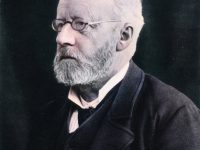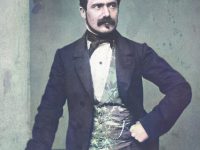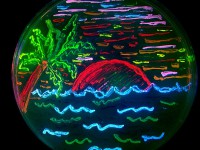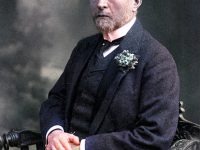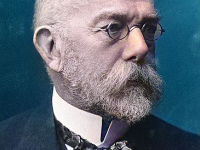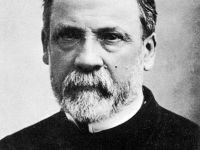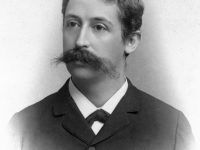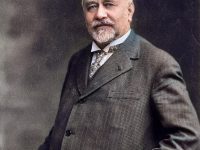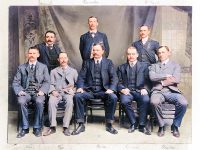Edwin Klebs and the Bacterial Theory of Infection
On February 6, 1834, Swiss-German pathologist Theodor Albrecht Edwin Klebs was born. Klebs is mainly known for his work on infectious diseases. His works paved the way for the beginning of modern bacteriology, and inspired Louis Pasteur and Robert Koch. He was the first to identify a bacterium that causes diphtheria, which was called Klebs–Loeffler bacterium. Medical Studies in Königsberg and Würzburg Edwin Klebs was born in Königsberg, Province of Prussia. Ignoring…
Read more

